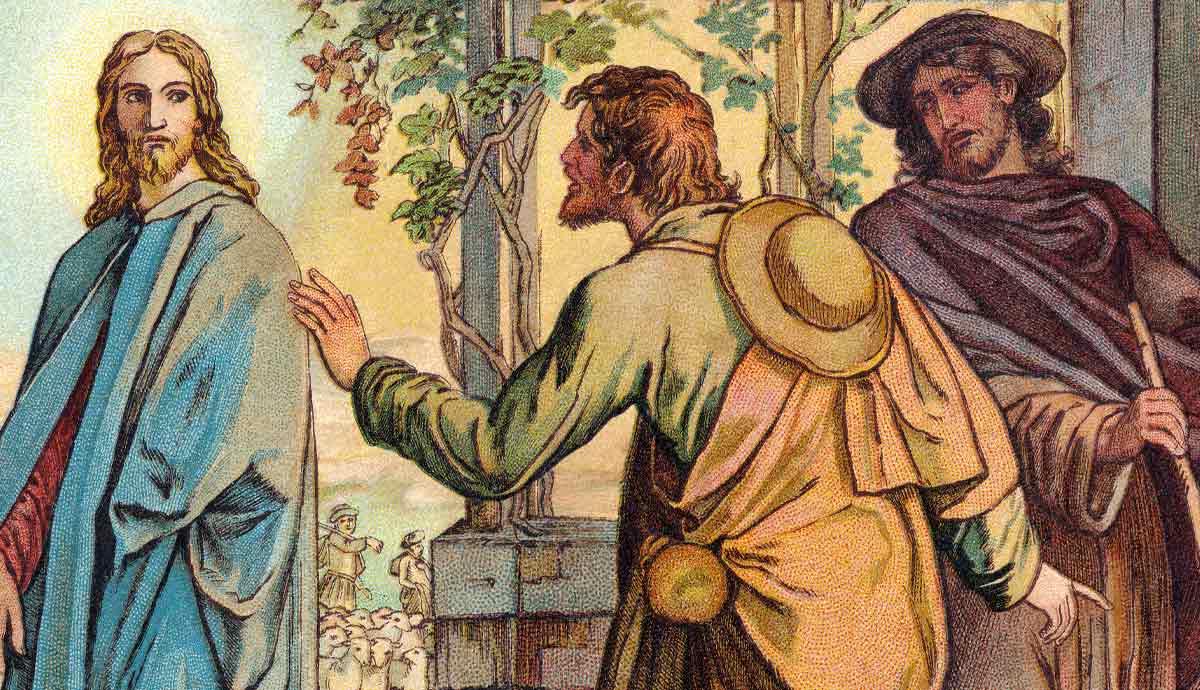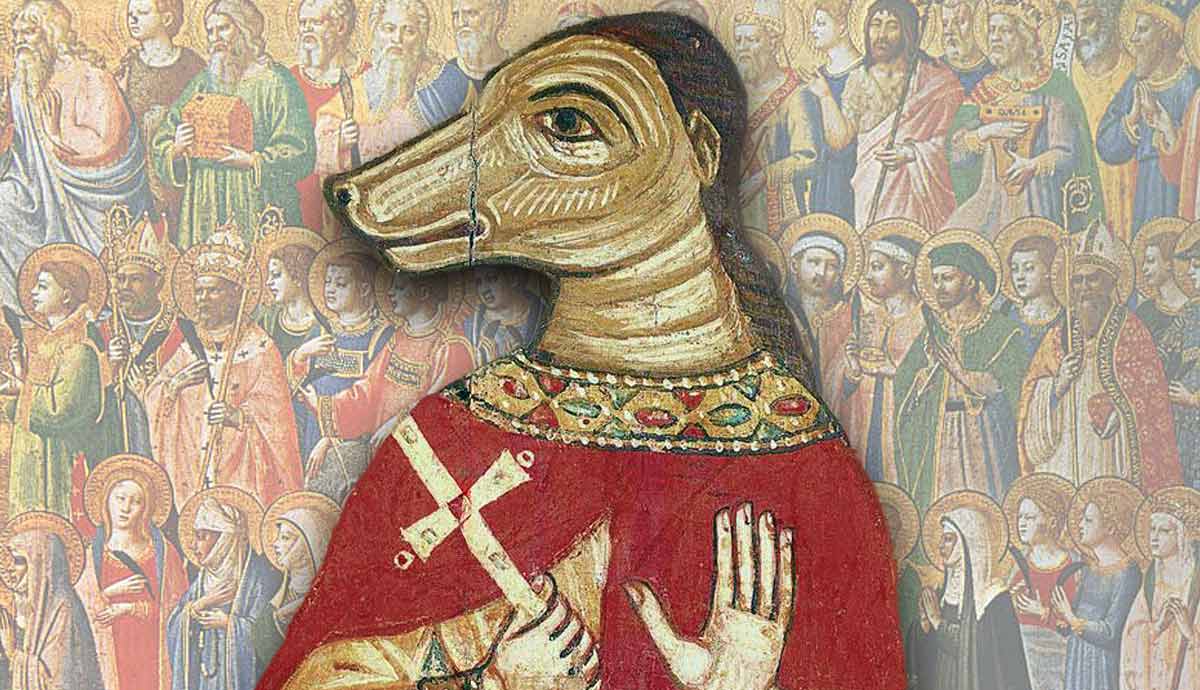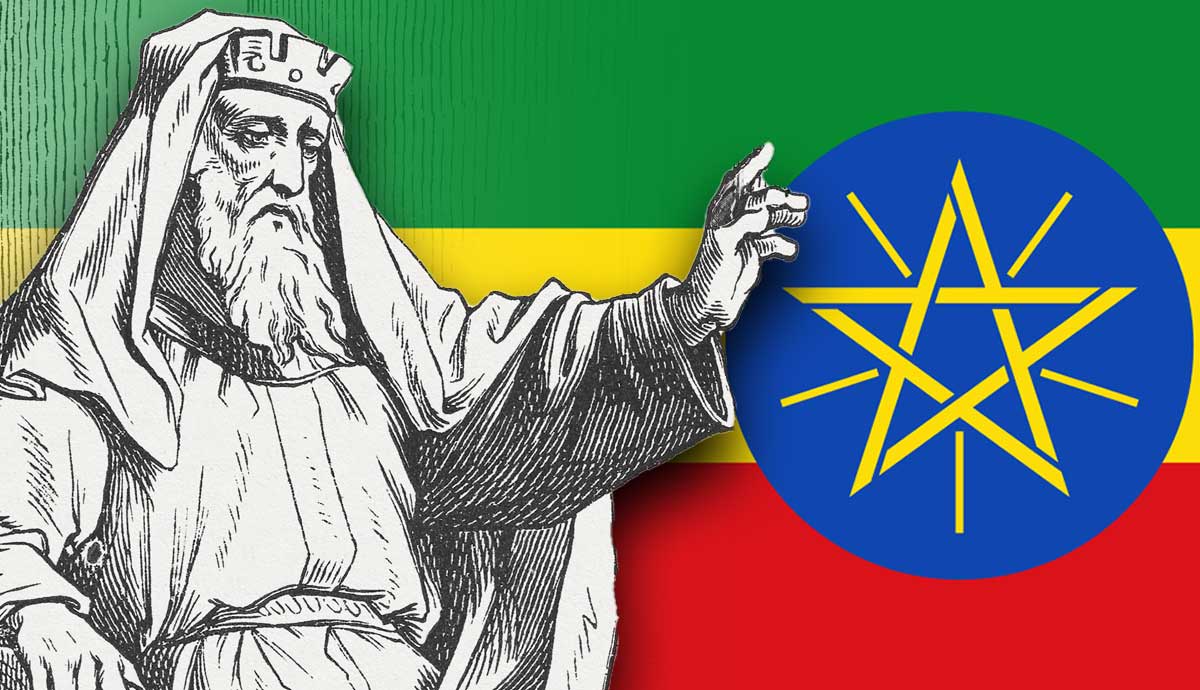
According to the Bible, God never intended for Israel to be a monarchy. God warned the people of Israel through his prophet Samuel not to be like other nations and desire a king, but they would not take heed. The nation of Israel opted for a monarchy, and their choice set in motion a series of events that would not only see the Kingdom of Israel split in two but also war against one another.
The northern Kingdom of Israel consisted of ten of the original tribes of Israel which were sent into exile by the Assyrians. Later, the Southern Kingdom, made up of Judah and Benjamin, also went into exile when the Babylonians conquered Jerusalem, sacked it, and destroyed the Temple. Among the kings of Israel and Judah, some were good, and others were bad. So, who were the key kings of Israel and Judah?
1. Saul

After the nation of Israel rejected the warnings of God against establishing a monarchy in Israel, Samuel, a priest and prophet, anointed Saul as king. Initially, Saul was a good king and he unified the loose confederation of tribes into a centralized monarchy.
In time, however, Saul became disobedient to God. He was jealous of David and progressively became more erratic in his actions. At one point, Saul announced a law forbidding the Israelites from consulting anyone who channeled the dead. But when he realized that God no longer spoke to him, Saul consulted a witch. In that encounter, the medium told Saul that God would take the kingdom from him and give it to David.
Shortly after, a Philistine wounded Saul with an arrow. He asked his armor-bearer to take his life, but he would not. Saul then fell on his own sword, taking his own life.
2. David

David was from the tribe of Judah. He came from humble beginnings, being the youngest son and a shepherd. David honed his skills with a sling from an early age. He killed a lion and a bear with this simple, yet powerful weapon. David became famous after slaying the Giant Goliath of the Philistines when he was still too young to wear the proper armor that warriors wear.
David, from time to time, played music to calm Saul when he was troubled. On more than one occasion, Saul attempted to kill David. David, who had several occasions to kill Saul, did the honorable thing and refused to take the life of Saul. He was anointed as king long before he took the throne, only ascending after the death of Saul.
David was a good king, building the nation of Israel into a powerful kingdom revered throughout the known world. He wanted to construct a Temple and establish a permanent structure instead of the Tabernacle. God did not allow him to because of the blood he spilled during his life.
David was far from perfect, having an adulterous relationship with Bathsheba and then having her husband, Uriah the Hittite, killed. He repented of his sin and asked for God’s forgiveness. He went through many trials, among them losing his child with Bathsheba and fleeing from Absalom, who wanted to kill him.
In the end, David is arguably the most famous king of Israel. God called him a man after His own heart. David wrote many psalms that express his experiences and relationship with God.
3. Solomon

Solomon, a son of David with Bathsheba, is probably the second most famous Israelite king. He was one of the wisest men that ever lived. He had the honor of building the First Temple, which gained notoriety for its beauty and riches in Jerusalem. Israel prospered under the reign of Solomon, and the nation became very rich. Solomon is known for his building projects and the peace that the nation of Israel experienced during his rule.
Like his father, Solomon also had his faults. He married many wives, some of whom worshiped foreign deities. He built worship centers for these deities in high places and even worshiped some of those gods with his wives. This was a violation of his covenant with God.
God told Solomon that he would take his kingdom from him, but only during the reign of his son. According to tradition, Solomon contributed the books of Proverbs, Ecclesiastes, and the Song of Solomon to the Biblical canon. Solomon allegedly wrote Psalm 72 as well.
4. Jeroboam I

Soon after the death of Solomon, the nation of Israel split in two. The tribes of Judah and Benjamin made up the Southern Kingdom of Judah. The remaining ten tribes made up the Northern Kingdom of Israel.
Jeroboam is notable for leading the northern tribes in rebellion against Rehoboam, son of Solomon of the house of David. Because the Temple was in Jerusalem in the Kingdom of Judah, Jeroboam set up alternative places of worship in the cities of Bethel and Dan. He did not want his people to travel to the Kingdom of Judah to worship.
These new worship centers featured golden calves, immediately drawing condemnation from the prophets. It set the tone for repeated apostasy in the Northern Kingdom that would eventually lead to the exile of the tribes living there.
5. Ahab

Bad as Jeroboam was, Ahab, King of Israel, was worse. Arguably the most notorious king of all, he still pales in comparison to his wife, Jezebel. Under the influence of his wife, worship of the Canaanite god Baal was widespread in his kingdom during his reign. Jezebel even persecuted those who worshiped the Israelite God, Yahweh. The prophet Elijah confronted Ahab on several occasions because of his idolatry and wickedness.
Ahab’s desire for a vineyard belonging to Naboth led to a series of events involving deceit, manipulation, and ultimately, the unjust execution of Naboth. This incident is a poignant example of the abuse of power and disregard for justice during the reign of Ahab. A random arrow fatally wounded Ahab, striking him between the joints of his armor. At the time, Ahab wore a disguise to avoid being targeted by the enemy.
6. Hezekiah

Hezekiah was a righteous king of the Southern Kingdom of Judah. He led religious reforms in his kingdom and ended idolatry in his kingdom. He reestablished worship of God in the Temple complex in Jerusalem.
Hezekiah showed remarkable faith in God when the Assyrian king Sennacherib invaded Judah and besieged Jerusalem. Hezekiah requested divine intervention, and the Angel of the Lord struck down the Assyrian army of 185,000 men without the involvement of the armies of Judah.
The Bible details how the shadow of the sundial moved back ten degrees as a sign to Hezekiah that God would heal him from an illness that took him to the brink of death (Isaiah 38:1-8).
The reign of Hezekiah is also notable for the construction of the Siloam Tunnel, a remarkable engineering feat that brought water into Jerusalem from the Gihon Spring. It ensured a secure water supply for the city during sieges. Visitors can see the remnants of this tunnel in the City of David archaeological park in Jerusalem to this day.
7. Josiah

Josiah was a young king of the Southern Kingdom of Judah who initiated extensive religious reforms. During his reign, the Jews rediscovered the Book of the Law (likely Deuteronomy). Josiah sought to eradicate idolatry and restore the worship of Yahweh, making him one of the most notable reformers in the history of Judah.
Around 609 BCE, the Egyptians moved through the Kingdom of Judah to fight during a war between the Assyrians and the rising power, the Babylonians. Josiah refused to heed the warnings of the Pharaoh not to engage with his armies. He attacked the Egyptian armies and an Egyptian arrow fatally wounded him. Aids took Josiah back to Jerusalem, where he died. The kingdom, who recognized him for the good he had done, mourned him.
An interesting fact about Josiah is that a prophet supposedly mentioned Josiah by name 300 years before his reign. During the reign of Jeroboam I, who we discussed earlier, a prophet of God warned Jeroboam about his idolatry and stated that Josiah would sacrifice the bones of idolatrous priests on the very altars where they served. It was a way of rendering those altars useless for further worship (1 Kings 13:2). Josiah also destroyed them wherever he found their altars.










